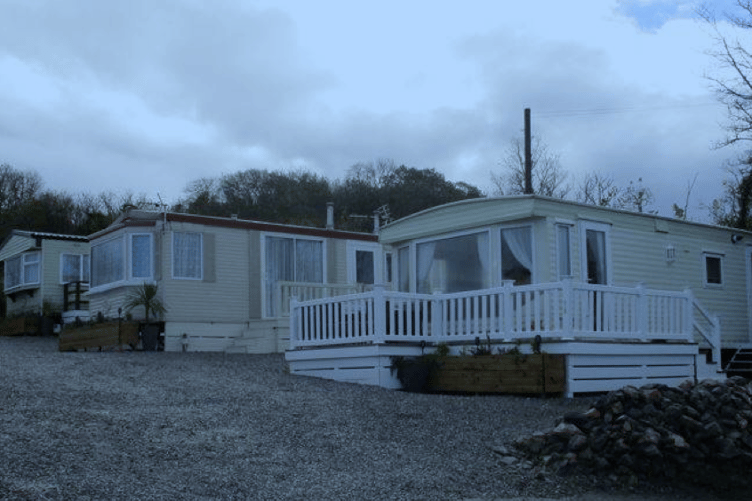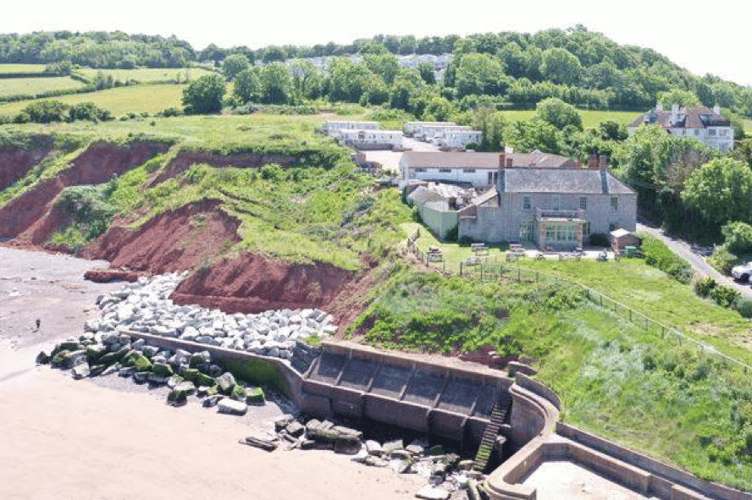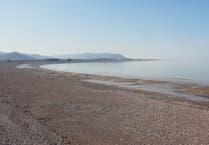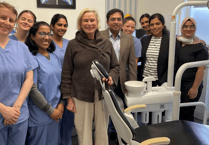PLANNING permission has been granted by Somerset Council for one of its own councillors to fit solar panels to caravans at the centre of a West Somerset controversy known as ‘Caravangate’.
Cllr Marcus Kravis was last year retrospectively allowed to keep six static caravans he had installed without planning consent next to the Anchors Drop public house in Blue Anchor, owned by his partner Cara Strom, who is a refugee housing officer for the unitary council.
That decision was taken by the former Somerset West and Taunton Council (SWT), of which Cllr Kravis was a member at the time, and was passed on the casting vote of the planning committee chairman Cllr Simon Coles.
However, SWT, which was scrapped in April this year and replaced by the unitary Somerset Council, later refused an application by Cllr Kravis to install solar panels on the pub, on the caravans, and on ground-mounted frames.

Last month, Cllr Kravis lodged an appeal with the Planning Inspectorate against the refusal.
But now his fellow councillors have approved an amended scheme which will see 108 solar panels fitted to the roofs of the mobile homes but none on the pub or on the ground.
Planning officer Briony Waterman said allowing 18 solar panels per caravan would not have a significant impact on the visual or residential amenity of the area.
Ms Waterman said the site was not in a conservation area, did not have any listed buildings nearby, and was partially screened from the road by a hedge.
She said a condition of approval was for the panels to be taken away when the caravans were removed from the site.
The caravans had been approved for a temporary period of five years from June, 2022.
Old Cleeve Parish Council, which objected to the installation of the caravans in the first place, said it supported the current solar panels application but was opposed to the scale of the plans which were subject to appeal.
Parish chairman Cllr Ian Duncan said: “Only having the solar panels on the caravans are not considered to be as intrusive as the previous proposals, but questions remain about the structural integrity of the caravans to sustain these panels.
“The potential power generated from these panels is unlikely to be used at the time it is generated and battery storage is likely to be required. There are no proposals or details for this.
“We acknowledge that these points are not material planning considerations but do feel that they should be considered further.”





Comments
This article has no comments yet. Be the first to leave a comment.